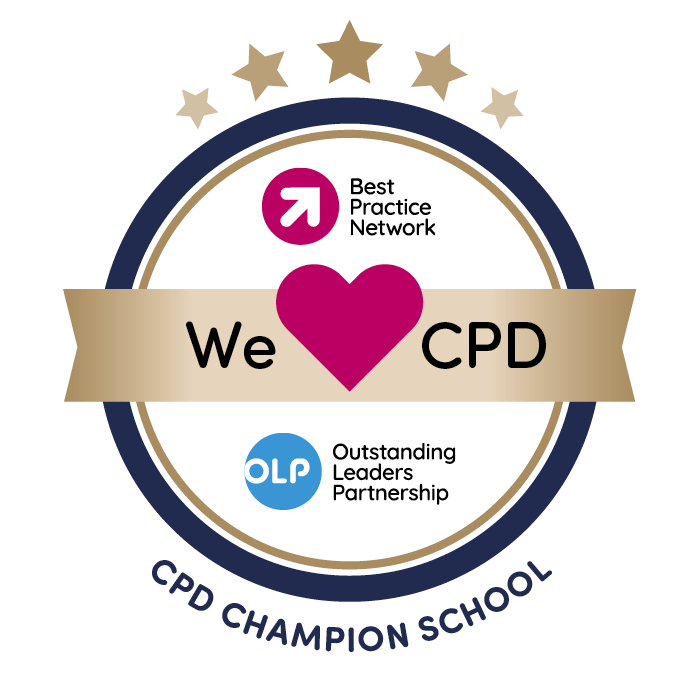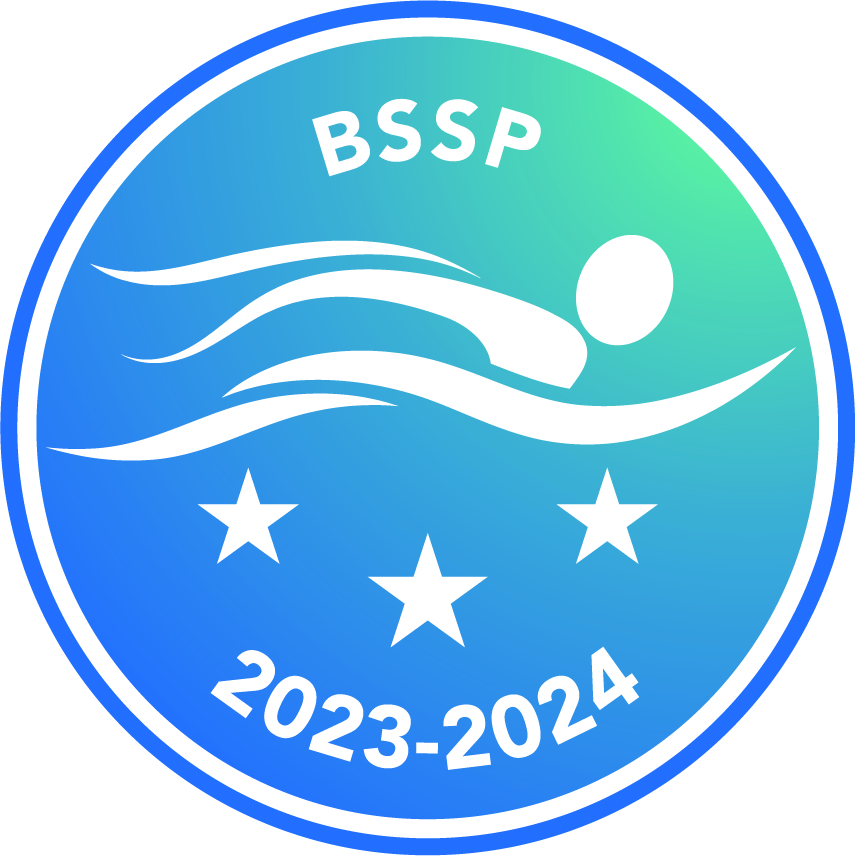History
All pupils at The Downley School are immersed in a carefully crafted history curriculum that is easily assessable for all students and their learning needs. The history curriculum is focused on reflection, enquiry, and comparison to the past and present. This enables students to develop critical thinking skills that will set them up for future success, regardless of their starting point.
Our history curriculum enables pupils to learn, grow and succeed together and is underpinned by our six values.





